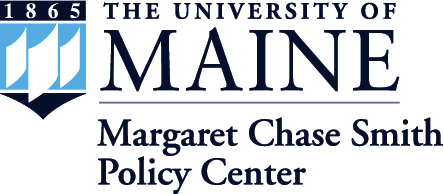Abstract
This paper explores challenges and opportunities for reducing food waste in Maine through five distinct, yet interrelated, case studies. Our research focuses on how Maine might create and support a more circular food system that can reduce waste and promote the use of surplus food in agricultural and industrial processes. This stakeholder-engaged research identifies potential policy interventions across scales, but also highlights the need for more interdisciplinary research opportunities for students. Our research adopts an interdisciplinary approach, and our team members represent diverse academic backgrounds, including nursing, the human dimensions of climate change, environmental engineering, ecology and environmental sciences, biomedical engineering, and anthropology. This interdisciplinary team acts as a model for future groups interested in finding long-term answers to problems that require complex understanding and analysis.
First page
59
Last page
71
Rights and Access Note
This Item is protected by copyright and/or related rights. You are free to use this Item in any way that is permitted by the copyright and related rights legislation that applies to your use. In addition, no permission is required from the rights-holder(s) for non-commercial uses. For other uses you need to obtain permission from the rights-holder(s).
DOI
https://doi.org/10.53558/DBQB8487
Recommended Citation
Horton, Skyler, Hannah Nadeau, Andrew Flynn, Taylor Patterson, Shayla Rose Kleisinger, and Brieanne Berry. "Circular Food Systems in Maine: Findings from an Interdisciplinary Study of Food Waste Management." Maine Policy Review 28.1 (2019) : 59 -71, https://digitalcommons.library.umaine.edu/mpr/vol28/iss1/8.

